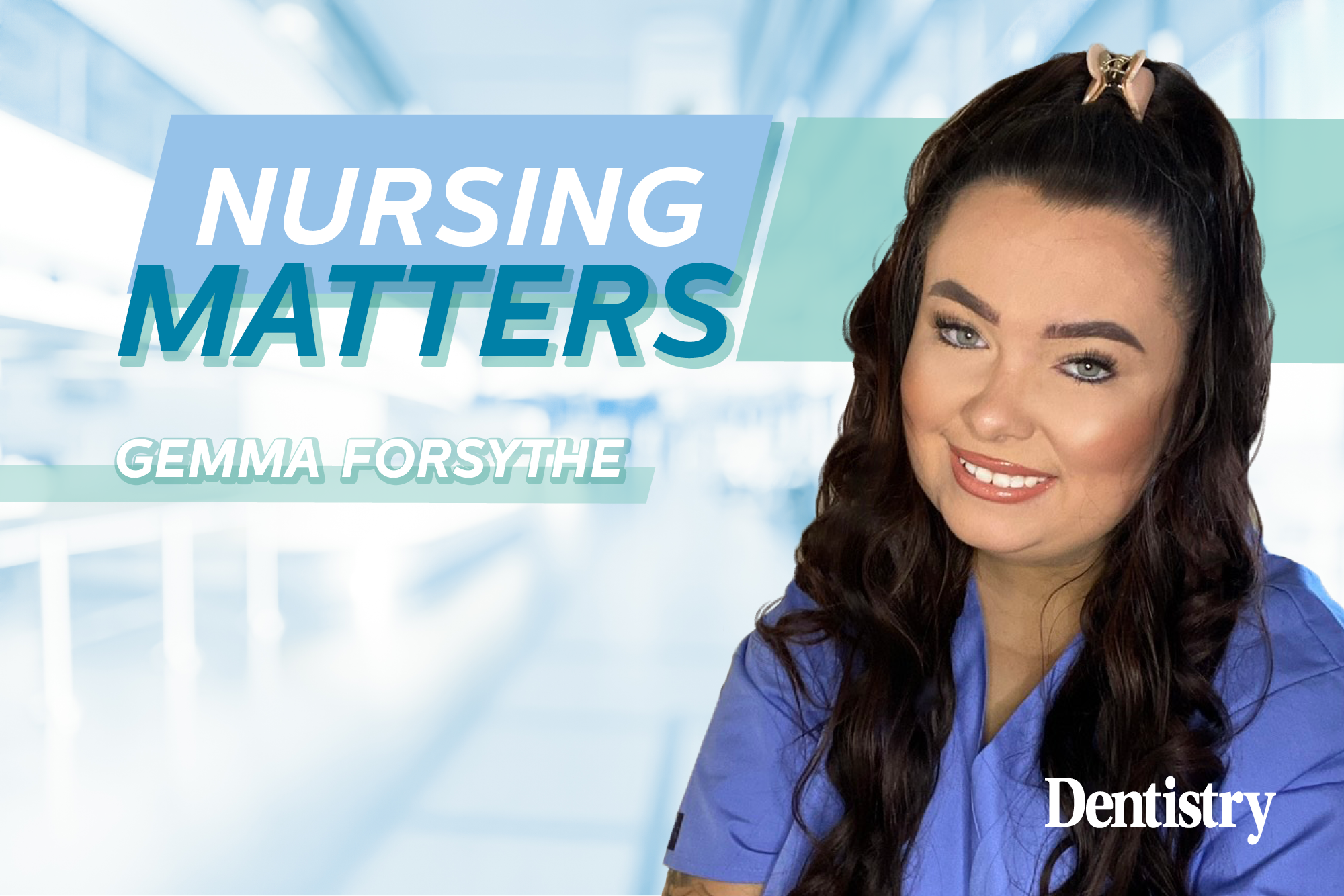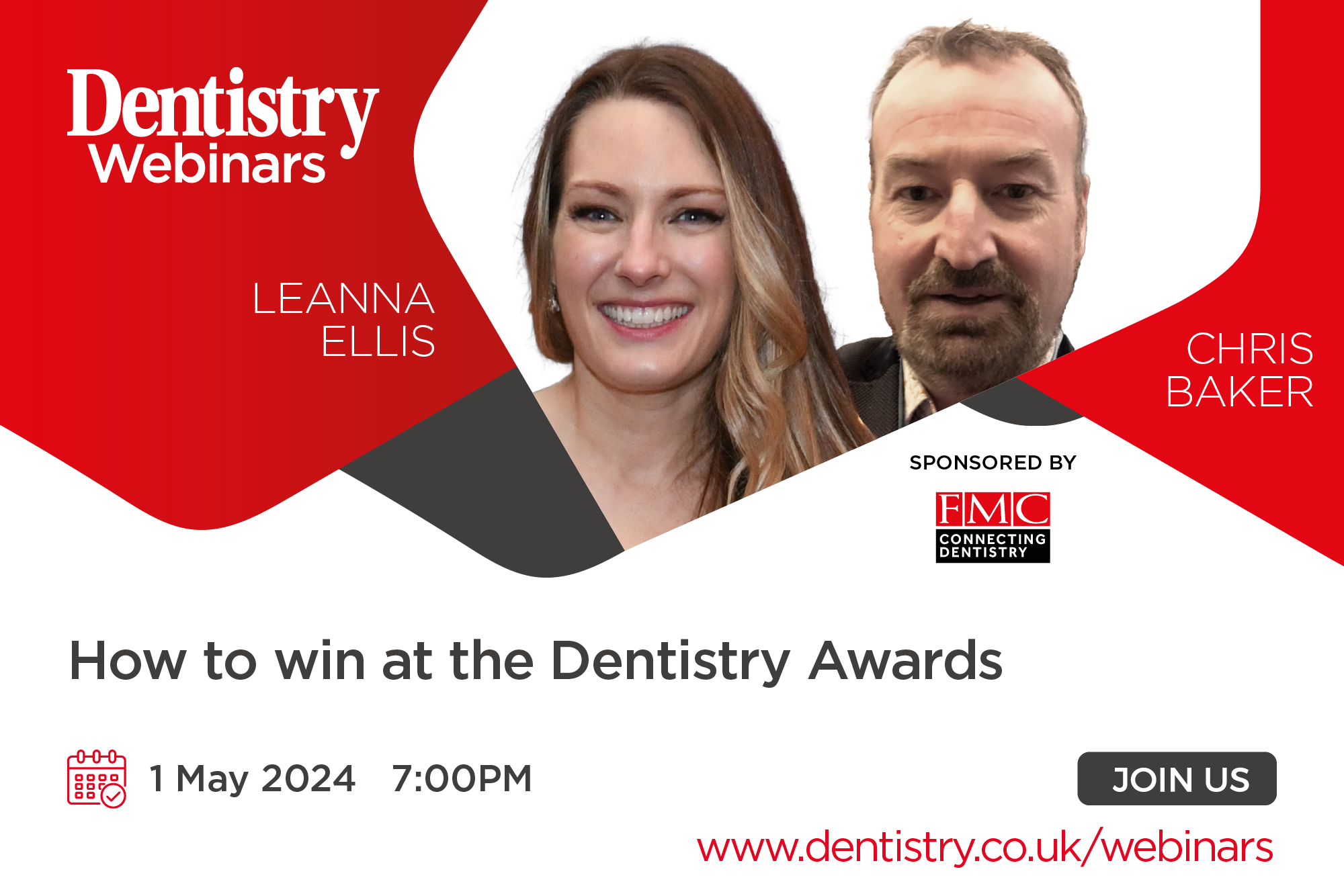
This month, Gemma Forsythe discusses the importance of educating patients on the sugar content of baby food.
Action On Sugar are a group of experts concerned with sugar, obesity and their effects on health. They have conducted a new study recently, highlighting the concerning amount of sugar contained in baby and toddler breakfasts on our supermarket shelves.
When you read statements on packaging such as, ‘high in fibre’, ‘organic’ and ‘one of your baby’s five a day’ you would assume that you are making a good choice and that the product is healthy for your baby.
This study has shown that, although packaging may make these statements, they contain high levels of sugar.
For example, Ella’s Kitchen Banana, Apple and Blueberry Baby Rice contains 14.5g sugar per serving! Ella’s Kitchen Banana Baby Brekkie, a yoghurt-based breakfast, contains 13.6g of sugar per serving.
Detrimental to oral health
While these breakfast options are quick and easy on-the-go or before nursery for example, they are extremely high in sugar. Convenience was the top reason for buying products such as this in a poll conducted within this study. The child liking the taste of the product came in second on the poll.
When you compare these products from the baby aisle with products outside of the baby aisle in supermarkets, parents can buy plain porridge oats, wheat/oat style cereals and add unprocessed fruit themselves. This would significantly reduce, or even eliminate the free sugars content.
High sugar consumption not only contributes to childhood obesity, but has a detrimental fact on their oral health.
Issues such as this must be highlighted and in our roles as dental nurses/oral health educators – it is down to us. When we visit facilities to give oral health education, mother and toddler groups can be overlooked. These are the target audiences for raising awareness of the worrying high sugar content within baby and toddler foods in supermarkets.
Encouraging parents to make healthier choices and limiting consumption of processed foods as much as possible is so important for their children’s oral and general health.
Emphasising reading packaging in supermarkets whilst shopping can really help, knowing how much sugar is in different products will enable parents to make healthier choices.
Educating patients

I made a visual chart to show parents at a local parent and toddler group to make them aware of the high sugar content of baby/toddler snacks which I found was very effective. When I showed this to the group, they were shocked by the high sugar content in some foods they regularly buy and feed their children daily.
Whilst giving oral health education to parents you could:
- Show healthier (and most of the time cheaper) alternatives from outside of the baby aisle in supermarkets
- Promote the NHS Food Scanner app which allows you to scan barcodes when out shopping and it will warn you about foods that are high in sugar, salt or fat to enable you to make healthier choices
- Place focus on reduced consumption of processed and sugary foods
- Highlight the importance of seeking advice from trusted sources – dental professionals, NHS, health visitors, dieticians etc.
Consuming a healthy diet early in life sets a pattern for future eating habits. It is so important for all children to have access to a healthy diet as early as possible.
You can read more on this study by Action on Sugar here.
Catch up with previous Nursing Matters columns:
- Dental nurses deserve more recognition
- Opening up conversations about alcohol intake
- How to support patients living with Alzheimer’s
- The importance of oral health conversations with children
- Utilising your personal development plan (PDP).
Follow Dentistry.co.uk on Instagram to keep up with all the latest dental news and trends.



